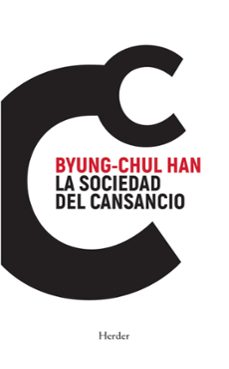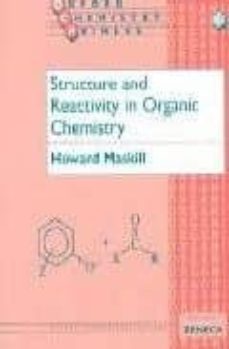Imprescindibles
Ficción
No Ficción
Ciencias y tecnología Biología Ciencias Ciencias naturales Divulgación científica Informática Ingeniería Matemáticas Medicina Salud y dietas Filología Biblioteconomía Estudios filológicos Estudios lingüísticos Estudios literarios Historia y crítica de la Literatura
Humanidades Autoayuda y espiritualidad Ciencias humanas Derecho Economía y Empresa Psicología y Pedagogía Filosofía Sociología Historia Arqueología Biografías Historia de España Historia Universal Historia por países
Infantil
Juvenil
Cómic y manga
Novela gráfica Novela gráfica americana Novela gráfica europea Novela gráfica de otros países Personajes, series y sagas Series y sagas Star Wars Superhéroes Cómics DC Cómics Marvel Cómics otros superhéroes Cómics Valiant
eBooks
Literatura Contemporánea Narrativa fantástica Novela de ciencia ficción Novela de terror Novela histórica Novela negra Novela romántica y erótica Juvenil Más de 13 años Más de 15 años Infantil eBooks infantiles
Humanidades Autoayuda y espiritualidad Ciencias humanas Economía y Empresa Psicología y Pedagogía Filosofía Historia Historia de España Historia Universal Arte Cine Música Historia del arte
Ciencia y tecnología Ciencias naturales Divulgación científica Medicina Salud y dietas Filología Estudios lingüísticos Estudios literarios Historia y crítica de la Literatura Estilo de vida Cocina Guías de viaje Ocio y deportes
HOWARD MASKILL
Recibe novedades de HOWARD MASKILL directamente en tu email
Filtros
Del 1 al 2 de 2
OXFORD UNIVERSITY PRESS 9780198558224
The specialism of organic reaction mechanisms involves not just knowing the currently accepted mechanisms of the more important classes of organic reactions, but also an appreciation of the methodology involved in the investigation of mechanism, and an ability to understand the evidence upon which currently accepted mechanisms are based. Mechanisms of Organic Reactions shows how well-known mechanisms are grounded in experimental observations, so that the basis for reaction mechanisms can be understood rather than simply learned.
Ver más
Tapa blanda
OXFORD UNIVERSITY PRESS 9780198558200
This book for advanced undergraduates covers areas of mechanistic and physical organic chemistry in a non-mathematical way. The topics included are essential in any modern chemistry degree, yet are not included in standard organic chemistry textbooks for undergraduates. The book Mehr... starts with a consideration of molecular vibrations and intermolecular interactions, and introduces the use of potential energy profiles and reaction maps to describe organic chemical transformations. The relationship between kinetics and organic reaction mechanisms is then explored with special emphasis on the interpretation of activation parameters. The relationship between molecular structure and chemical reactivity, i.e. correlation analysis, is then covered, followed by a chapter on catalysis of organic chemical reactions in solution by small molecules. The treatment of catalysis explores how the molecular structure of compounds determines their reactivity either as substrates or as catalysts. The final chapter is devoted to isotope effects in mechanistic organic chemistry, concentrating on deuterium kinetic isotope effects.
Ver más
Tapa blanda
Del 1 al 2 de 2


























